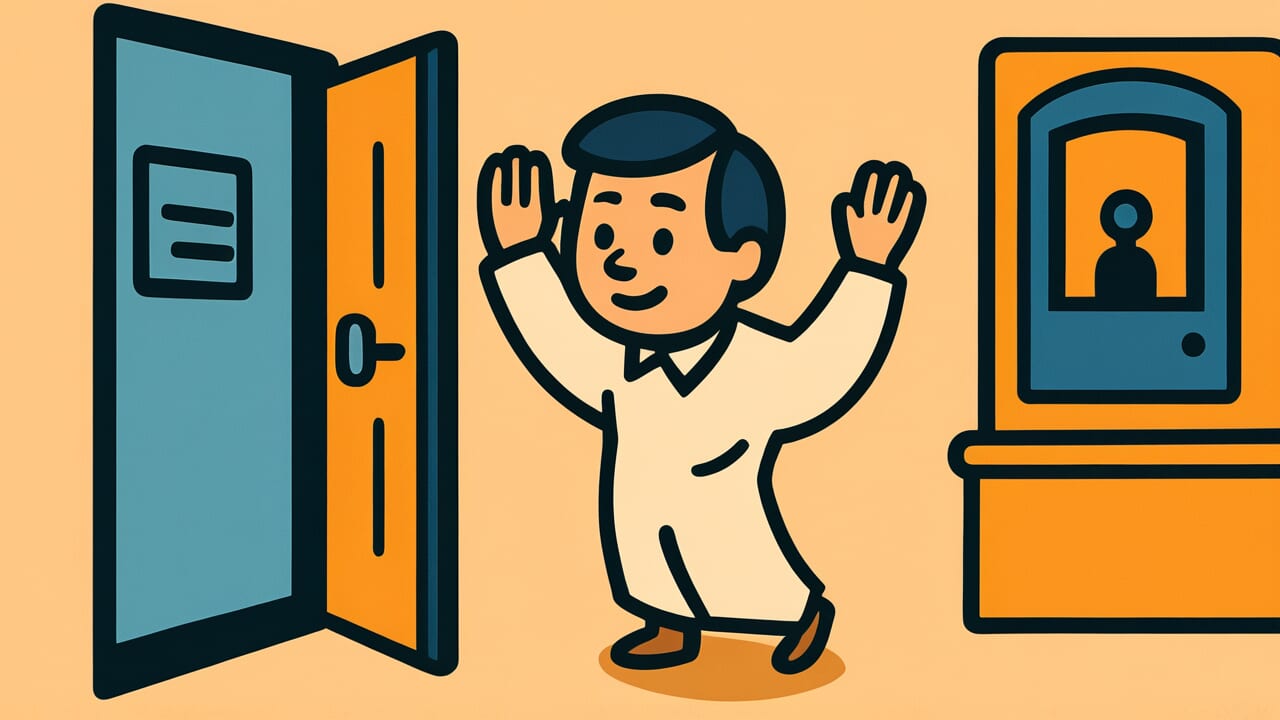How to Read “Courtesy costs nothing”
Courtesy costs nothing
[KUR-tuh-see kosts NUHTH-ing]
All words are commonly used today and easy to pronounce.
Meaning of “Courtesy costs nothing”
Simply put, this proverb means being polite and respectful doesn’t require money or effort.
The basic message is straightforward. Courtesy means good manners and treating others with respect. The proverb points out that these behaviors cost nothing. You don’t need to spend money to say “please” and “thank you.” Being kind to others requires no special resources.
We use this saying when someone acts rude or dismissive. It reminds people that politeness is always possible. At work, school, or home, courtesy makes interactions smoother. A smile costs nothing but can brighten someone’s day. Holding a door open takes minimal effort but shows consideration.
What’s interesting is how this simple truth often gets forgotten. People sometimes act like being polite is too much trouble. They might be stressed or busy and forget basic manners. This proverb gently reminds us that courtesy is one of life’s easiest gifts to give.
Origin and Etymology
The exact origin of this specific phrase is unknown. However, similar ideas about free politeness appear in writings from several centuries ago. The concept became popular during times when social manners were highly valued.
During the 18th and 19th centuries, courtesy was considered essential for civilized society. People wrote etiquette books and taught children proper manners. The idea that politeness costs nothing appealed to all social classes. Rich and poor alike could practice good manners.
The saying spread through everyday conversation and written advice. Parents taught it to children as a basic life lesson. Teachers used it in schools to encourage respectful behavior. Over time, it became a common way to remind people about the value of simple politeness.
Interesting Facts
The word “courtesy” comes from Old French “cortoisie,” meaning behavior fit for a royal court. Medieval courts had elaborate rules for polite behavior among nobles.
This proverb uses a simple but powerful structure. It states a positive quality, then contrasts it with “nothing.” This pattern makes the message memorable and easy to repeat.
The saying appears in similar forms across many languages. Most cultures have developed their own versions of this wisdom about free politeness.
Usage Examples
- Manager to employee: “Just say ‘please’ when asking the janitor to empty your trash – courtesy costs nothing.”
- Mother to teenager: “Hold the door open for the person behind you – courtesy costs nothing.”
Universal Wisdom
This proverb reveals a fundamental truth about human social nature. We are creatures who must live together, yet we often struggle with the basic mechanics of cooperation. Courtesy serves as social lubricant, making interactions smoother and more pleasant for everyone involved.
The wisdom recognizes something profound about human psychology. Small gestures of respect and kindness create positive feedback loops in relationships. When someone treats us courteously, we naturally feel more inclined to respond in kind. This creates an upward spiral of goodwill that benefits entire communities. The proverb captures this truth while emphasizing how little effort such transformation requires.
What makes this insight universal is its recognition of a basic human need for dignity. Every person, regardless of status or circumstances, wants to feel respected and valued. Courtesy acknowledges this fundamental human worth without requiring complex negotiations or expensive gestures. It’s democracy in action, available to anyone willing to practice it. This explains why the wisdom has persisted across cultures and centuries, remaining relevant in every human society that has discovered the power of simple respect.
When AI Hears This
Most people treat courtesy like spending money with no return. But polite behavior actually works like making smart investments. A simple “thank you” or holding a door costs almost nothing. Yet these small acts build trust and goodwill over time. People remember how you made them feel. This creates lasting advantages in relationships and opportunities.
Humans constantly miss this hidden math of social interactions. They see courtesy as pure effort without recognizing the payback. Meanwhile, rude people wonder why doors stay closed for them. The polite person gets better service, more help, and stronger connections. It’s like compound interest but for relationships instead of money.
What fascinates me is how this creates a permanent opportunity. Most people will always undervalue courtesy’s true worth. They focus on the tiny effort required right now. This leaves endless room for those who understand the game. Kindness becomes a competitive advantage precisely because others ignore it. The market for courtesy never gets saturated.
Lessons for Today
Living with this wisdom means recognizing courtesy as both gift and investment. The beauty lies in its accessibility. Anyone can choose to be polite, regardless of their mood, circumstances, or resources. This makes courtesy a form of personal power that no external force can take away.
In relationships, courtesy creates space for deeper connection. When we treat others with consistent respect, we build trust and goodwill. This doesn’t mean being fake or overly formal. Simple acknowledgments, patient listening, and basic consideration work wonders. The challenge is remembering this when we’re stressed, tired, or frustrated with someone.
The broader lesson extends to how we move through the world. Courtesy signals that we see others as fellow humans deserving of respect. This perspective transforms daily interactions from potential conflicts into opportunities for positive connection. The wisdom reminds us that we always have something valuable to offer, even when we feel we have nothing else to give. In a world that often feels harsh or indifferent, choosing courtesy becomes a quiet form of leadership and hope.



Comments